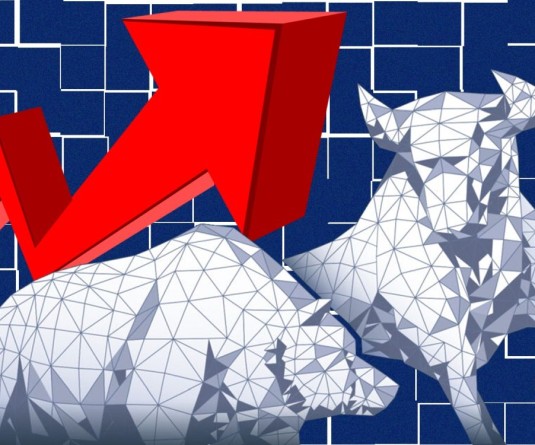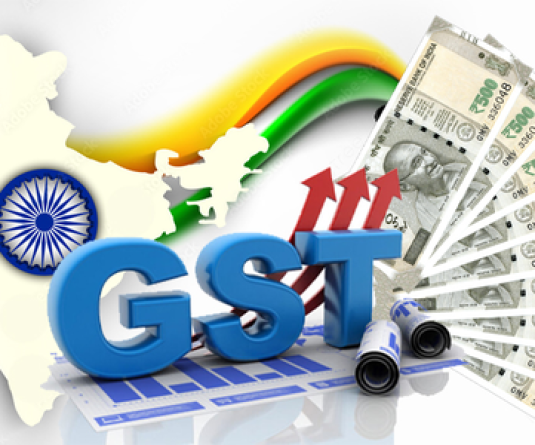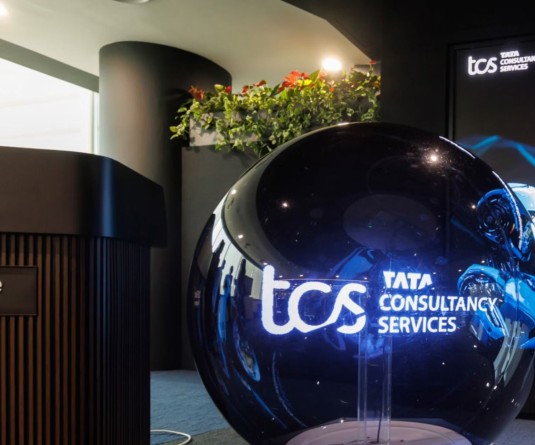
New Delhi, October 10 (IANS): With the Organisation of Economic Co-operation and Development (OECD) proposing an overhaul in the taxation system for digital companies, cyber experts on Thursday urged the Indian government to speed up necessary changes in domestic laws on internet taxation so that tech giants like Google, Facebook and Amazon can be asked to shell out taxes they have been evading for years.
The OECD on Wednesday published a proposal to advance international negotiations to ensure large and highly profitable multinational enterprises, including digital companies, pay tax wherever they have significant consumer-facing activities and generate their profits.
According to cyber experts, given the fact that India is not yet a part of OECD, it is imperative that India must be mindful of the way how things are evolving.
"The Indian approach on the Internet taxation has left much to be desired. India has not yet crystal clearly defined its holistic national approach and perspectives on taxation on the Internet," Pavan Duggal, the country's leading cyber law expert and privacy advocate, told IANS.
However, it is essential that India is mindful of the global developments that are taking place in this regard and must come up with its own taxation approaches, which are in sync with the global trends that are emerging.
"Further, India needs to distinctly be walking in the path of ensuring that legal entities who are offering their services via the internet in India, whether they are physically present in India or not, would be subject to Indian taxation," Duggal elaborated.
The new OECD proposal is based on the work of the OECD/G20 Inclusive Framework on base erosion and profit shifting (BEPS), which groups 134 countries and jurisdictions on an equal footing, for multilateral negotiation of international tax rules, making them fit for purpose for the global economy of the 21st century.
"We're making real progress to address the tax challenges arising from digitalisation of the economy, and to continue advancing toward a consensus-based solution to overhaul the rules-based international tax system by 2020," said OECD Secretary-General Angel Gurria.
According to advocate Virag Gupta, in the K.N. Govindacharya petition before Delhi High Court in 2012, taxation of Internet companies was first raised when the government of India gave "Double Tax Avoidance Agreement: as reason to not tax foreign Internet companies.
The OECD proposal "may strengthen the case for taxation where these companies are having huge business or presence. But how can tax haven countries can be compelled to follow the OECD guidelines?" Gupta told IANS.
Countries like China, France and Germany have shown political will-power to tax Internet companies but India has miserably failed to tax Internet giants despite being the biggest market.
"India's Parliament is supreme and sovereign to tax these companies for which necessary amendments are to be made in the Income Tax Act, Companies Act and Information Technology (IT) Act etc," he suggested.
According to him, India was always free to tax these companies.
"In this current economic slowdown, OECD decision may enable government to bring new tax regime by which digital companies may be taxed," Gupta added.
At the moment, the said OECD "Public Consultation Document" is only indicative of the consultation process wherein stakeholders have been asked to give their comments by November 12, 2019.
However, the approach could form the basis for subsequent evolution of jurisprudence concerning taxation in the context of the Internet.
"The fact remains is that today, most of the companies offering services on the Internet are not paying their share of taxation in different jurisdiction. This is despite them taking the benefit and advantage of the markets of the said jurisdictions," informed Duggal.
"Further, India needs to distinctly be walking in the path of ensuring that legal entities who are offering their services via the internet in India, whether they are physically present in India or not, would be subject to Indian taxation," added Duggal, who is also a senior Supreme Court advocate.
There are immense amount of challenges in this regard.
New changes would be required in the existing Income Tax laws but more significantly as a nation, "we need to make up our mind as to in what manner, we want to contribute to the evolving taxation jurisprudence on the Internet", Duggal emphasized.
"The top 15 Internet companies alone have amassed a value of over Rs 20 lakh crore due to their Indian users. The companies' value could be a major chunk of the Indian economy but is serving no purpose to Indians," informed Gupta.






